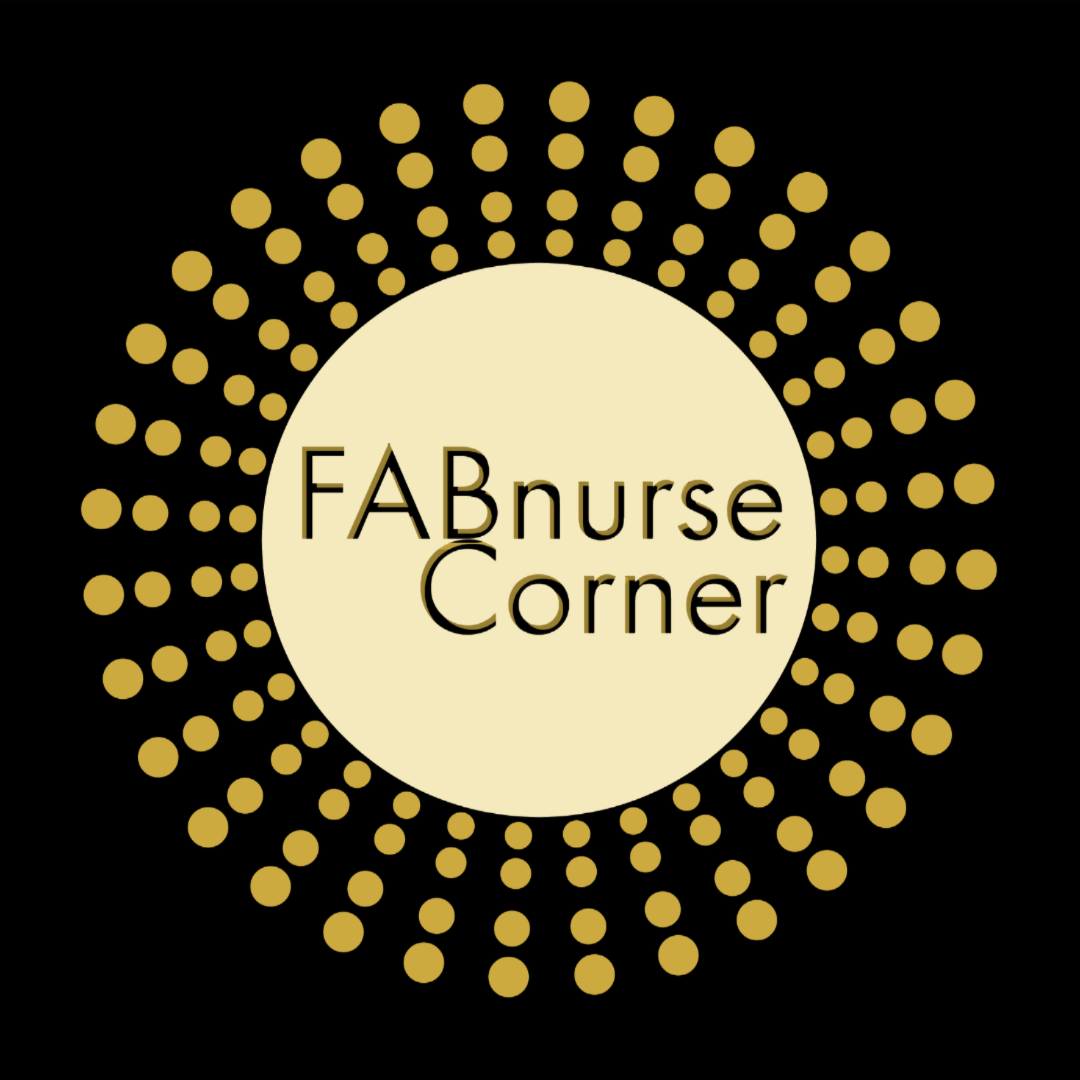Transitioning
Whether you are a new graduate or an experienced nurse, at some point in your career you will transition. Nursing is a great profession which offers a vast range of career opportunities and allows nurses the ability to transition into various roles and settings. Transitioning occurs during various stages of a nurse’s career: inexperienced new graduates, skilled registered nurses, and advanced practice nurses, transition. Some nurses elect to remain in their specialty for years, others opt to change role or specialty frequently. Reasons for transitioning are usually related to both personal and professional reasons and may include: improved work-life balance; better work hours; flexible work arrangements; different setting; a new role: reaching a plateau in your current position; feeling undervalued in your current role and, last but not least, burn-out.
In preparing for the transition, first, one should perform a self-evaluation and purposefully examine the reasons for the change. Transitioning sometimes result in moving from an expert to a novice role, however this should not be viewed as a barrier. “Sometimes to move forward, it requires that you take a few steps backward”, and this is ok. Once self-evaluation is completed, and an area of preference is defined, you may then begin a comprehensive inquiry. Explore your options and research specialties, roles, organizations, and role requirements. Search job-sites and utilize social media sites to engage with other nurses in other specialties. Networking is fundamental for successful transitioning. It allows you to gain relevant insights and provides you with invaluable opportunities to prepare for career goals. Recognize, also, that some positions may require additional education. Update your resume, contact recruiters, and ask to shadow providers in the area of interest. These steps will help to guide your decision process, in choosing a specialty that befits your personality and aligns with your career goal.
Change is daunting, as we are taken out of our comfort zone, however, note that change precedes growth. The process may be overwhelming, and seem impossible, however it is achievable. Fear of the unknown can be gut -wrenching and paralyzing, however reframe your thought process, and channel your fear into a driving force. Seek guidance from your colleagues or find a mentor to help you to navigate through the process. Continue to be supportive of each other, and remember that progress is impossible without change.
Stay FAB: Fearless, Affectionate, & Bold


